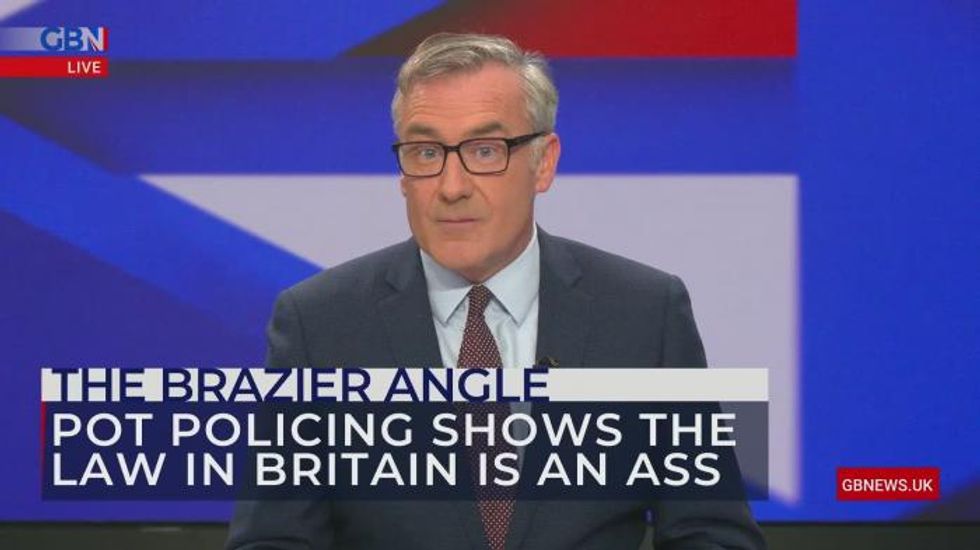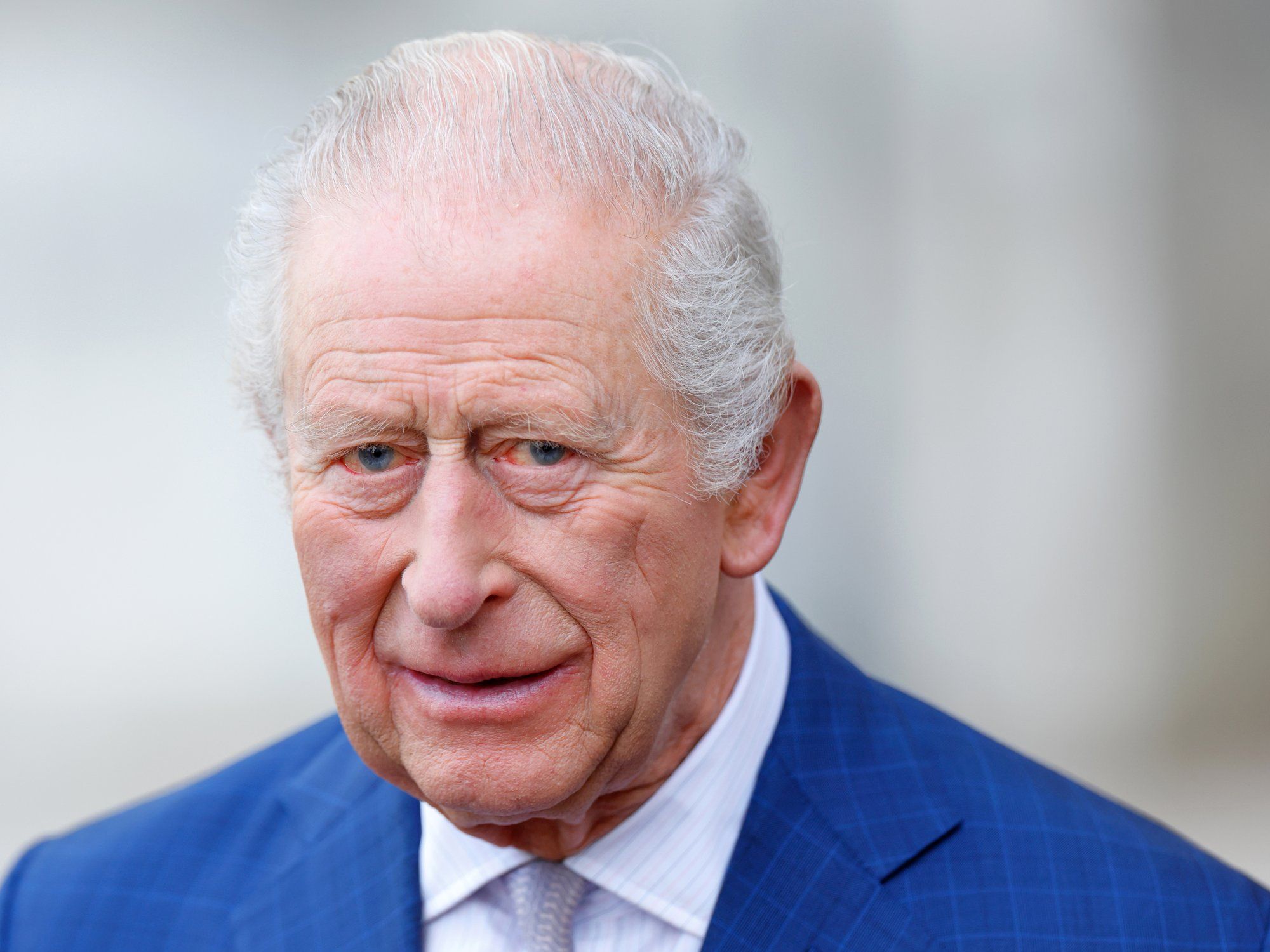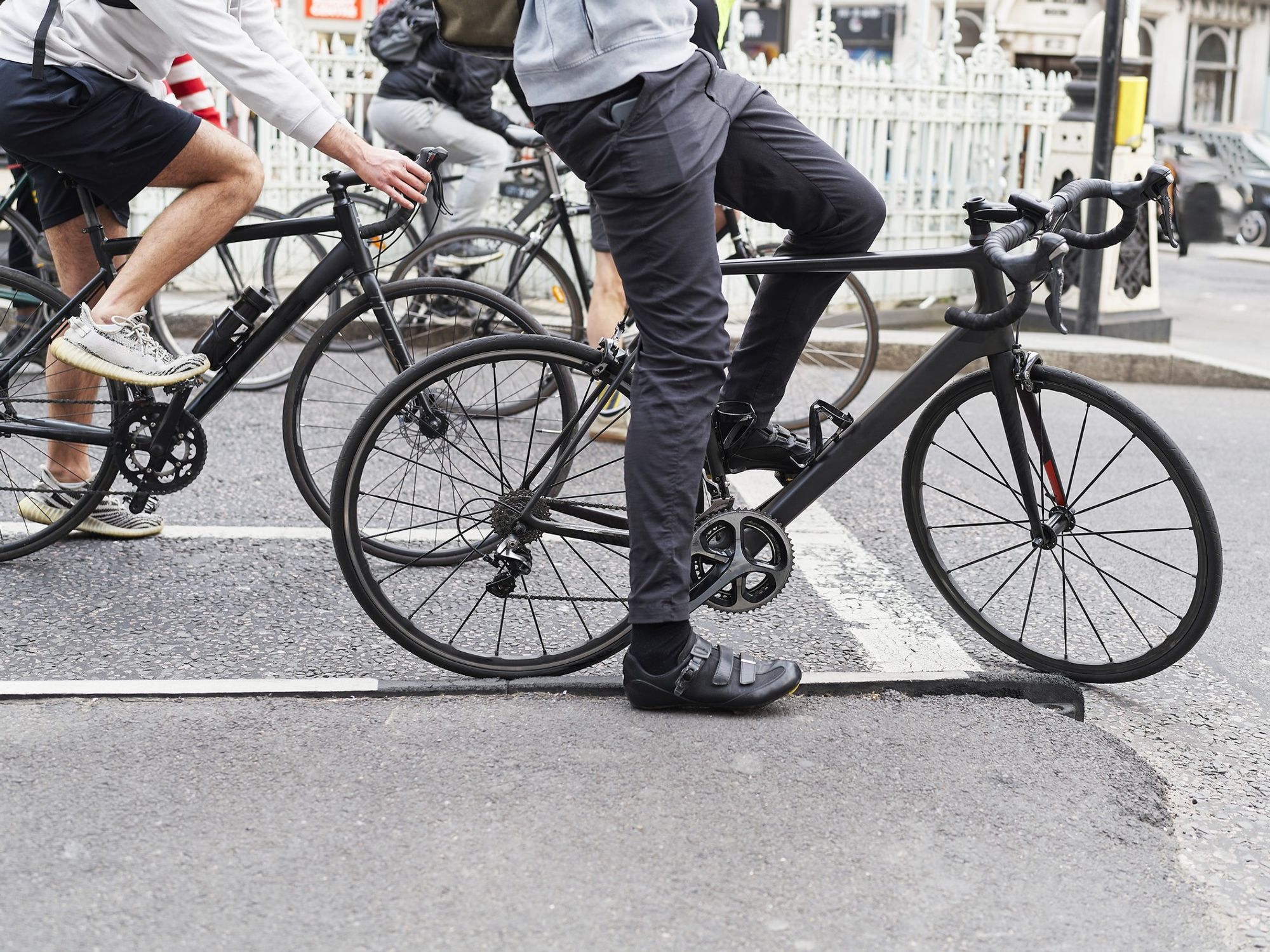Colin Brazier: Pot policing shows the law in Britain is an ass

By Colin Brazier
Published: 13/10/2021
- 20:36Updated: 13/10/2021
- 20:52Other countries mean business on sentences
Don't Miss
Most Read
As I walked to my local London tube station this morning I was assailed by the unmistakable scent of cannabis. A couple of young men were openly smoking weed. Where they stood was literally a stone’s throw from what was once a busy police station, now closed. There are not enough officers on the streets to deter brazen drug use, even if they wanted to. In theory, users can still face five years for possession, but though stoned, those two likely lads weren’t stupid. They know – as many Britons now do – that our law is, increasingly and depressingly, an ass.
Politicians take a lot of the blame for that. Too many of them fail to understand that the law works best when taken seriously. It’s not a PR tool, it’s the keystone of a civilised society. The best, the worst example of recent times, belongs to Matt Hancock. In February our former health secretary announced that anyone who lied on a covid form about going on holiday to destinations on the government’s red list, faced up to ten years in prison. A decade. In clink. That’s longer than the maximum stretch for some violent firearms offences. It would be laughable, were it not so serious to debase the currency of penalisation.
Well, I mention this because about half a mile from where I passed those two dope-heads this morning is the home of Billy Hood. He’s just been sentenced to 25 years in prison in Dubai after police found a small amount of cannabis oil in his car.
It’s a tough break for a young man of 24. If his sentence isn’t commuted, he’ll emerge from prison just shy of his fiftieth birthday. He’s already been in jail since January for doing something that wouldn’t be illegal in Britain. His family say the confession he made was signed under duress. They’re appealing against the sentence. On hearing it, his mother said: “I don’t think there’s a word in the dictionary that describes the pain I’m going through.”
Billy Hood joins a long list of Brits who fall foul of judicial systems that take drug offences a lot more seriously than we do. Almost 30 years ago I saw how this works in practice. I was a reporter with the Yorkshire Post and I’d managed to get an interview with Sandra Gregory, a former teacher, sentenced, like Billy Hood, to 25 years in jail for breaking drugs laws. Her offence was more serious, she’d agreed to smuggle heroin out of Thailand. I met her at the notorious Lard Yao prison, the so-called Bangkok Hilton, where she served nearly five years before being allowed to carry out the rest of her sentence in Britain. She was eventually released in July 2000 after a pardon from the King of Thailand.
I found Sandra Gregory’s plight pitiable and, for a while, we even wrote to each other. My older daughters are now approaching that age where they’d like to backpack around countries like Thailand. I could do worse than rooting out some of Sandra’s letters to me — full of heart-felt recriminations — to make my girls think hard about the risks of doing something abroad that feels frivolous at home.
And that, really, is my point. The world out there is full of law-makers who, unlike the faintly ludicrous Matt Hancock, are serious about sentencing. It’s not a problem if you never plan to live abroad, if you’re happy to spend the rest of your life, working and playing in Britain. Like Caleb in Clarkson’s Farm. But that’s not how things are for well over a million Brits who live and work abroad.
In recent years Dubai, where Billy Hood is now an unwilling guest of the Emirati penal system, has become home to 120,000 Britons. Among other things, they’re drawn to the tax-free sunshine. But here’s the question: how many of them are also drawn to a culture which, though short on Western-freedoms, is crystal clear about what happens to those who flout the law. A society where the idea of smoking cannabis openly outside a tube station is implausible. About as implausible as Matt Hancock.











